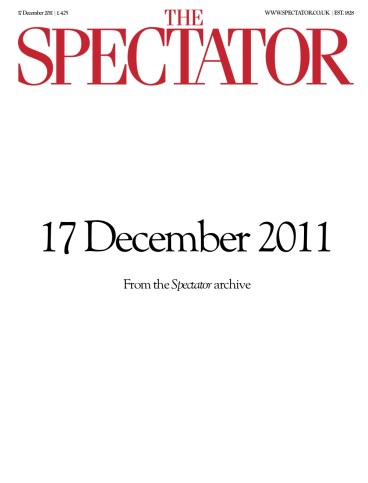Portrait of a singular man
The posthumous publication of Hugh Trevor-Roper’s wartime diaries continues the restoration of his reputation, says Geoffrey Wheatcroft Nothing is more elusive than reputation. A writer’s standing goes up and down like a share price, during his life and after, for no obvious or objective reason, as D. J. Taylor observed in a recent perceptive essay









